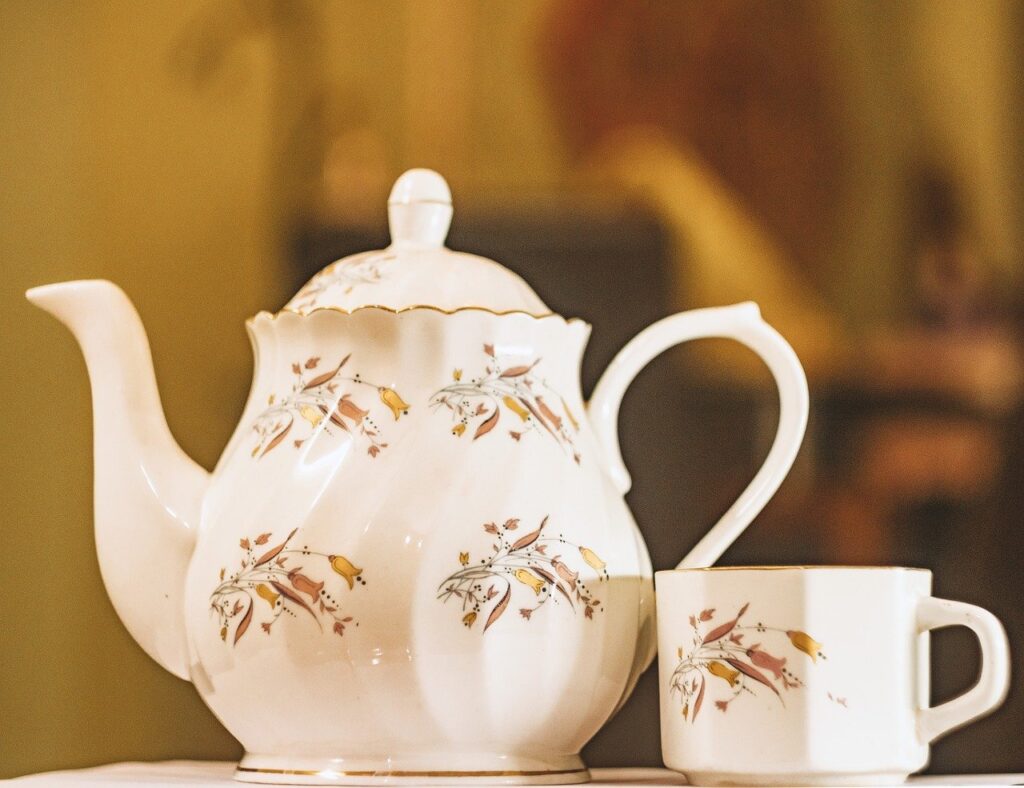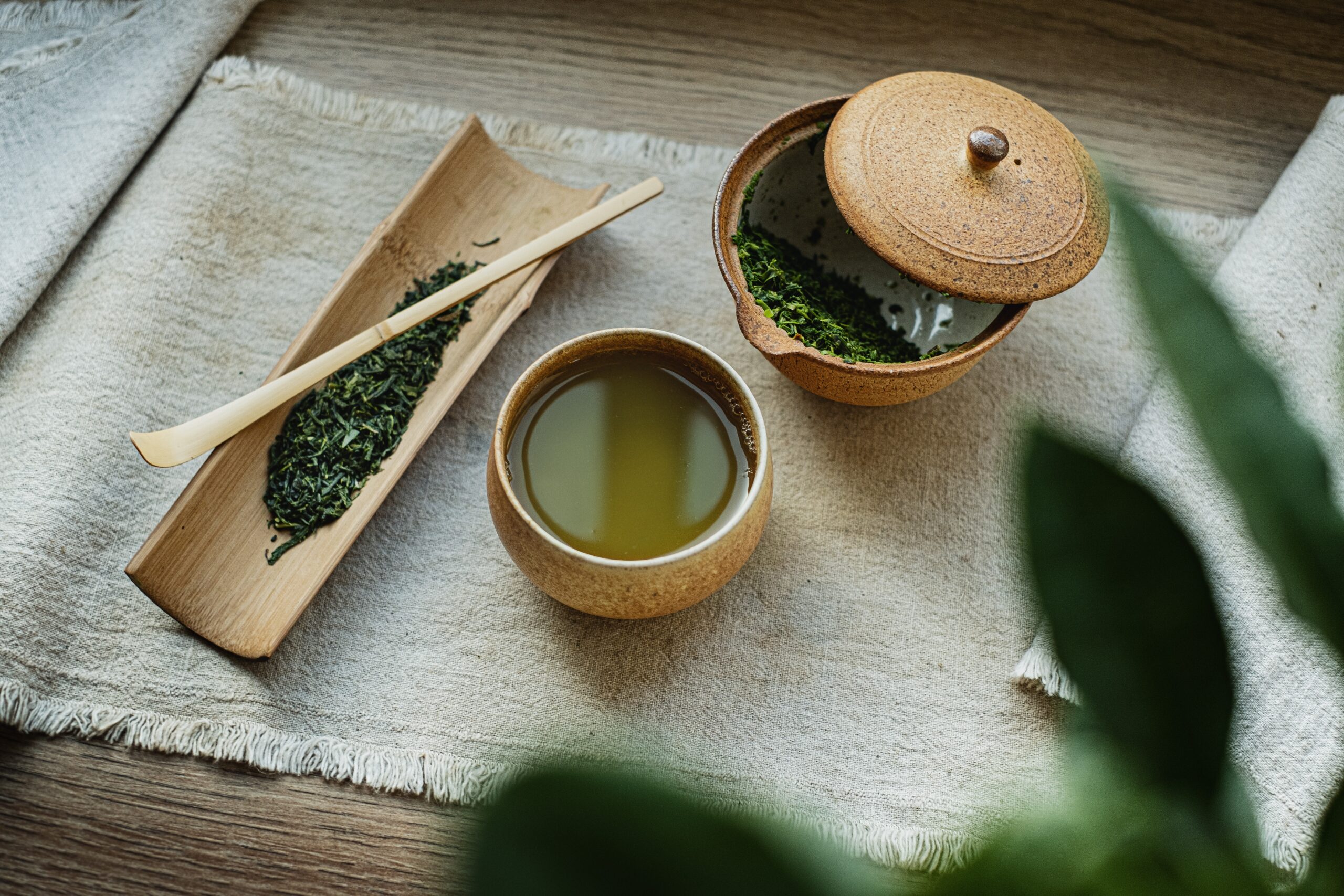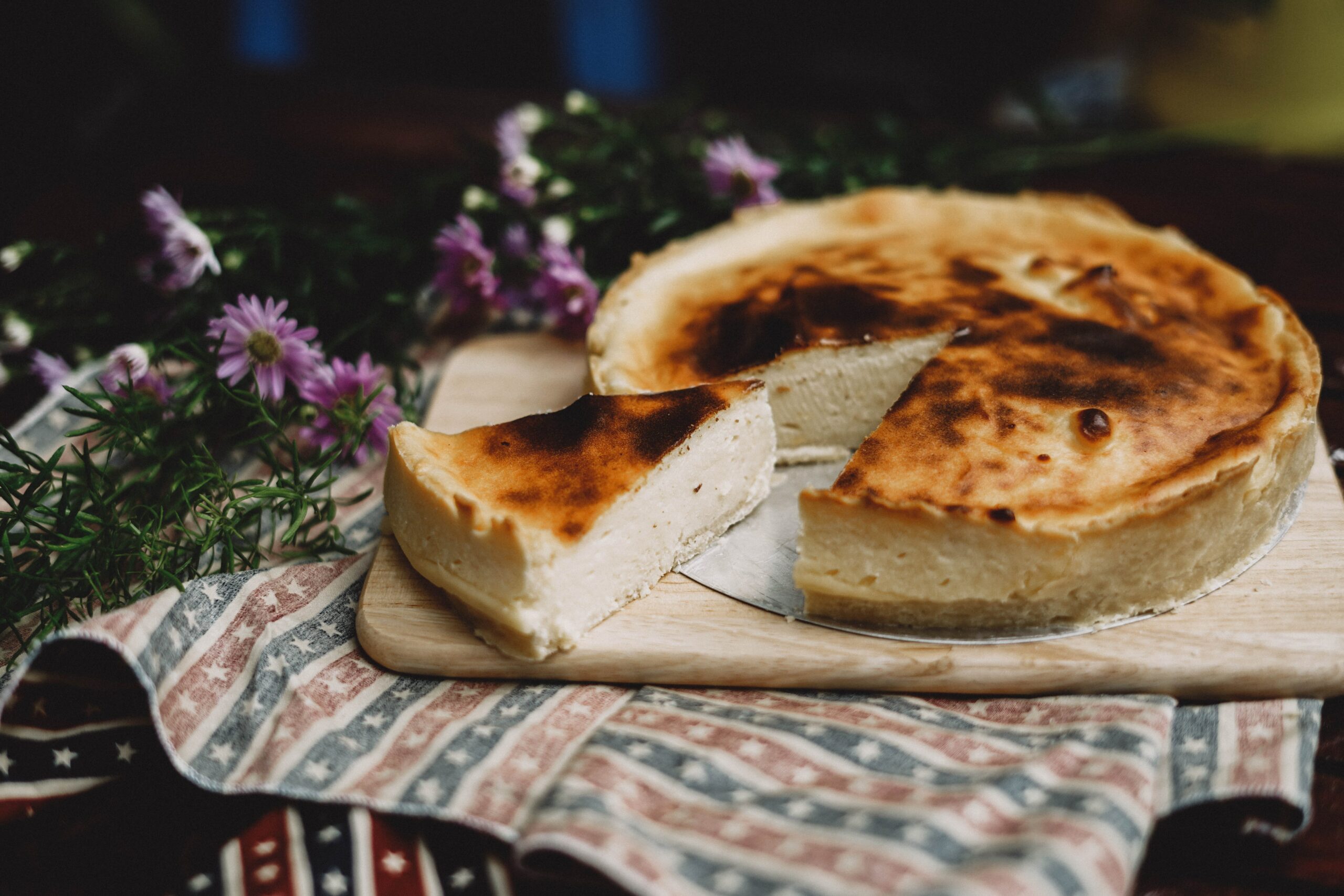White tea is a very popular drink -- and for all the good reasons. It contains a generous dose of antioxidants to give your skin a healthy glow. Furthermore, it shows a wide range of health benefits and, of course, it tastes great. Does white tea have caffeine, though?
Our tea blog has answers for you -- so read on if you want to find out more.
What Is White Tea, Actually?
White tea is considered to be a rarer type of tea because it only consists in young tea leaves or buds.
They are harvested in a short period in the springtime and only in specific countries, thus their quantity is very scarce. But they have to have a rich flavor so they can be drunk without adding any ingredients -- not even sugar.

Where Does White Tea Come From?
White tea usually comes from China and more often than not, the Fujian Province. But, as we said before, it can be difficult to find so some prefer to grow white tea domestically.
White tea leaves come from the same plant as green and black tea. The only difference is that they haven't been exposed to light -- so there's no chlorophyll inside them -- and they haven't been fermented either. White tea gets its name for this very reason: because it's white, not green or dark brown like other types of tea.
Does White Tea Have Caffeine?
White tea contains caffeine just like other types of tea. However, its caffeine content is lower than that found in green tea and it's also lower than the content in black tea.
White tea contains around 20 mg of caffeine per cup while green tea has 30 mg and black tea has 40 mg. This means that white tea has less caffeine than coffee (which can have up to 100 mg of caffeine for 8 ounces).
Does White Tea Have Health Benefits?
The short answer is YES, white tea does have health benefits. Some of the most popular ones include :
- Reduced chances of contracting cancer: White tea has amazing antioxidant properties which help prevent cell damage and lower the risk of getting cancer.
- Fights bacteria: White tea is rich in epigallocatechin gallate -- or EGCG for short -- which is a substance that fights bacteria, thus strengthening your immune system.
- Prevents Alzheimer's: EGCG is also believed to be very effective when it comes to preventing Alzheimer's.
- Fights obesity: The polyphenols present in white tea help fight fat and boost the metabolism -- which means you'll burn calories more easily. For this reason, drinking it instead of black or green tea can actually help you lose weight.
While white tea does have caffeine, the aforementioned health benefits are definitely to be considered. In moderation, white tea can bring more advantages than disadvantages, so it’s definitely a healthy drink to have on a regular basis (especially if you drink it unsweetened).
White Tea - FAQs
Does organic white tea have caffeine?
Like all tea, organic white tea does have caffeine. However, the levels of caffeine in white tea are way lower than those in green tea and black tea (and definitely much lower than those in coffee).
Which tea has the most caffeine?
Black tea has the most caffeine, with about 40 mg of caffeine per 8-ounce serving. Followed by it is green tea, and then white tea.
Is white tea caffeinated?
Yes, white tea does contain caffeine. However, it has less caffeine than black tea does, and much less than coffee does.
How much caffeine is in white tea?
White tea contains around 15-25 mg of caffeine per cup. By comparison, black tea contains around 30-70 mg of caffeine per cup, and coffee contains up to 120 mg of caffeine per cup.
Is white tea caffeine free?
No, all tea varieties contain caffeine (except herbal teas, which are not actually made from tea leaves). However, some tea varieties have much less caffeine than others, and white tea is among the options with the least amount of caffeine in it.




